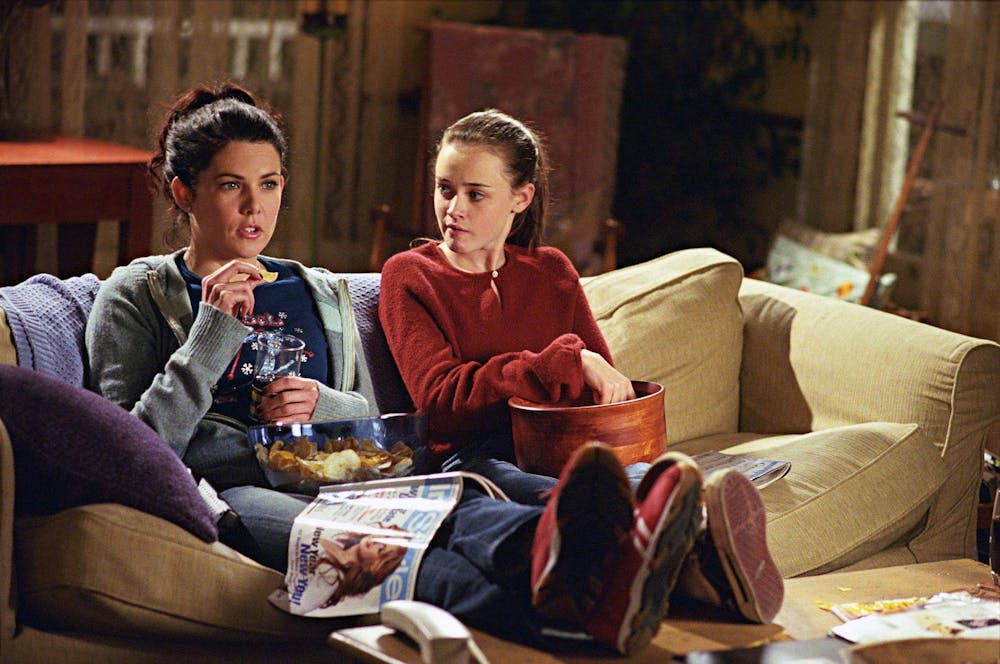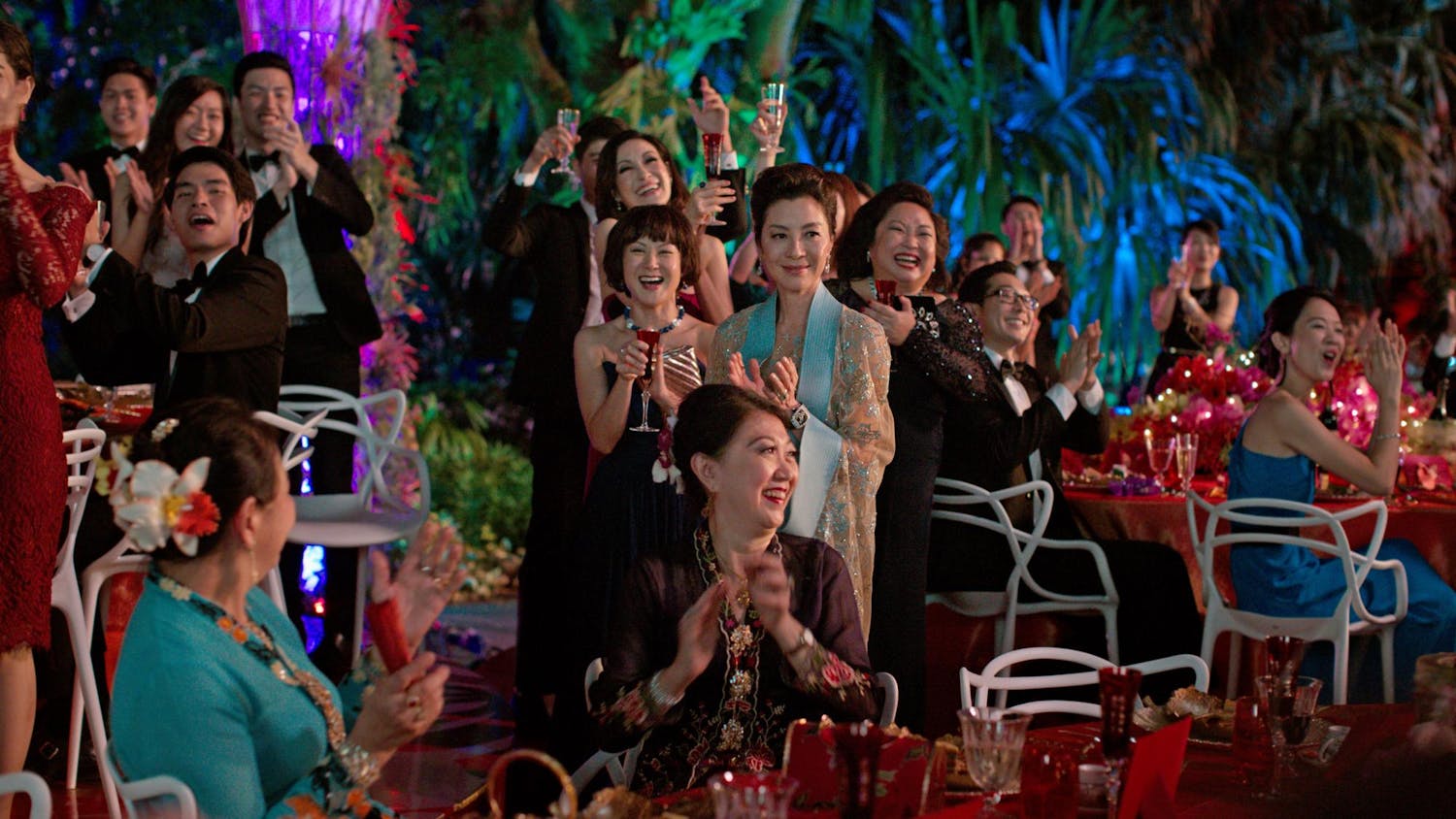Many people have become fascinated by the façade of early 2000s teen dramas. The drama, friendships and constant entertainment found in these shows can provide one with an escape from their own reality. It's no secret that the true icons in my world can be best described as the cliche “it-girl” main characters. Blair Waldorf, Elena Gilbert and Haley James are just a few of the many icons television has gifted the public.
But what creates such obsession? Is it the plot or the personalities of the characters? While it is fun to have a fictional role model, the unrealistic standards in these shows can set one up for a rude awakening.
The plots of many of these television shows revolve around relatable issues. Friendships, relationships and academics take the weight of most struggles in teenager’s lives. There is comfort to be found in watching someone else endure the trials and tribulations of high school. No matter my dilemma, there was some rewarding feeling about knowing that characters such as Rory Gilmore from “Gilmore Girls" had a similar awkward situation.
Inspiration can also spark from sitcoms, with themes of self-discovery, as characters are often shown to mature and form an identity as seasons progress.
While the romanticized struggles can catch one’s eye, the unrealistic concepts included in these shows can lead to binging. For one, the shows are aiming to attract viewers. To keep viewers coming back for more, the plot in each episode often results in a “happy ending.” No matter what troubles the characters endure, somehow, they end up getting their way, to end the episode on a high note. This phenomenon makes characters more likely to achieve goals and obtain their desires. Whether this be socially, academically or in love, characters resolve challenges with little to no effort.
As these characters pursue their goals, there are usually scandals and sneaky shortcuts to accompany it. However, these actions are rarely addressed, with little to no consequences. The unrealistic plotline within these humorous situations may grant false hope to those watching. A juvenile may believe these fictional actions can be accepted without any consequences. While the shows are entertaining, they are also glamorizing a zero-repercussion lifestyle.
While many shows such as “Gossip Girl” take place in high school, few scenes display characters actually studying. For example, Serena Van der Woodsen from “Gossip Girl” regularly goes out on school nights and weekends, and does not rank academics as her priority, yet still ends up getting into Brown University. Does Serena’s example of sleeping through the SAT exam equate to acceptance to an Ivy League school?
The socialite life of characters can set a skewed expectation in the viewer’s mind. Watching characters in these sitcoms have a specified group of friends to fall back on can make one believe that is what everyone has. A lot of these sitcoms carry their main character as the “popular one” and this social hierarchy appears to be easily achieved through cliched activities like top tier fashion, or dating someone popular. With the amount of popularity searching displayed, the shows can put one in the belief that popularity equates to happiness. If not on top of the social ladder, one may feel self-conscious and doubtful.
One of the most eye-opening moments I had after watching several of the popular early 2000s sitcoms was the freedom that the characters possessed. Characters who were freshly in high school were able to do things such as travel abroad and make career altering decisions, all the while I had to be home by 9 p.m. In “Drake and Josh,” Drake was somehow able to sneak across the country to perform music in Hollywood while I was not able to sneak into my room two minutes past curfew.
Going into high school, I was under the impression I would have a new sense of independence and would be constantly unsupervised without economic burden. However, my parents had other plans. I was monitored and did have a financial budget which was a foreign concept to characters in sitcoms. Why did I believe I would have complete control of my life the second I entered high school?
I never would have been unsatisfied with my personal parental control until I was able to compare it to those of fictional characters. This can apply to other unrealistic factors highlighted in these sitcoms. Viewers may enjoy the false standard the shows can live up to, yet can we leave these standards in the show and continue with our ordinary lifestyles?
Although teenage milestones are far messier than depicted on television, the attraction to these shows and their romanticized chaos keeps us coming back for more!






